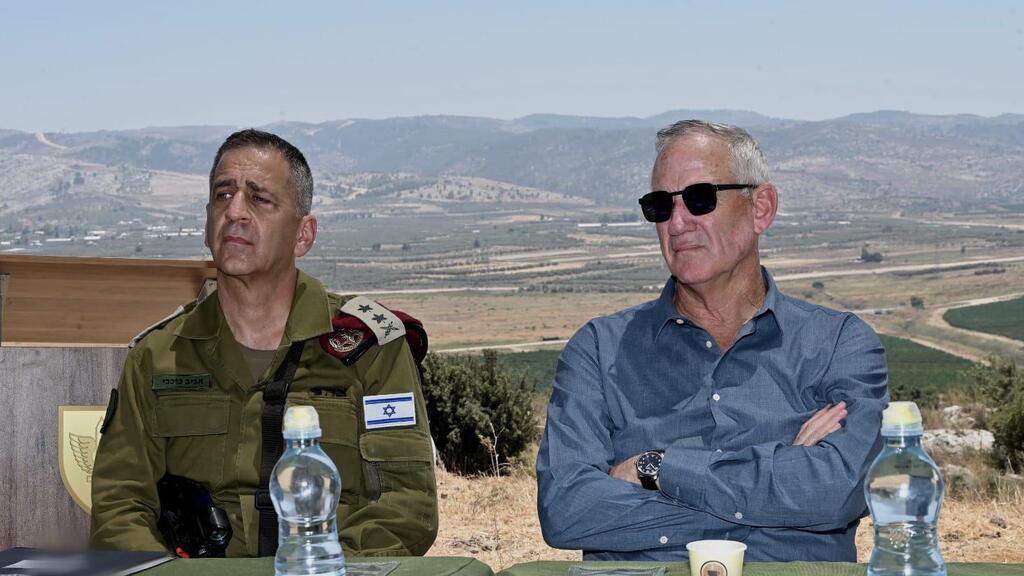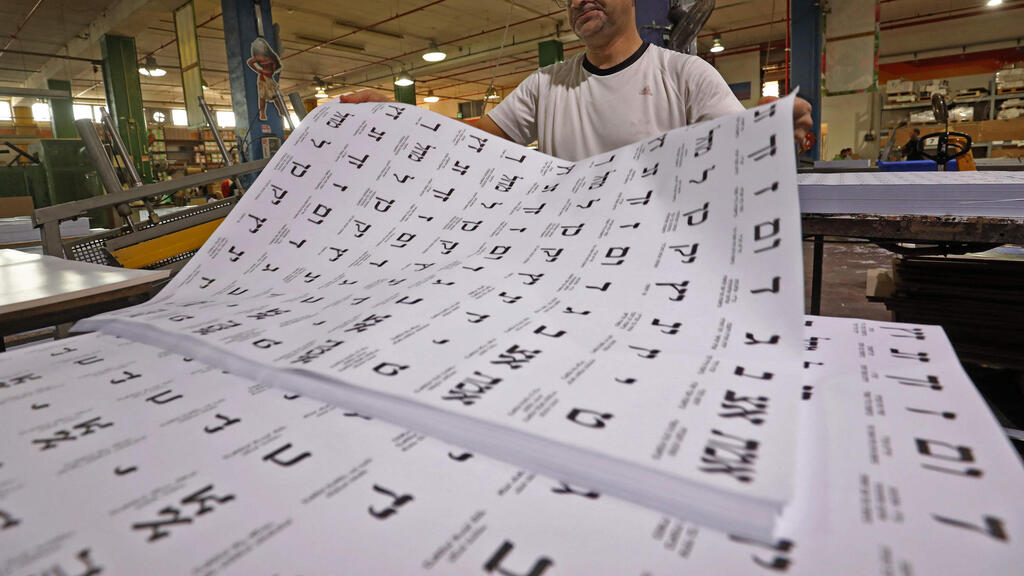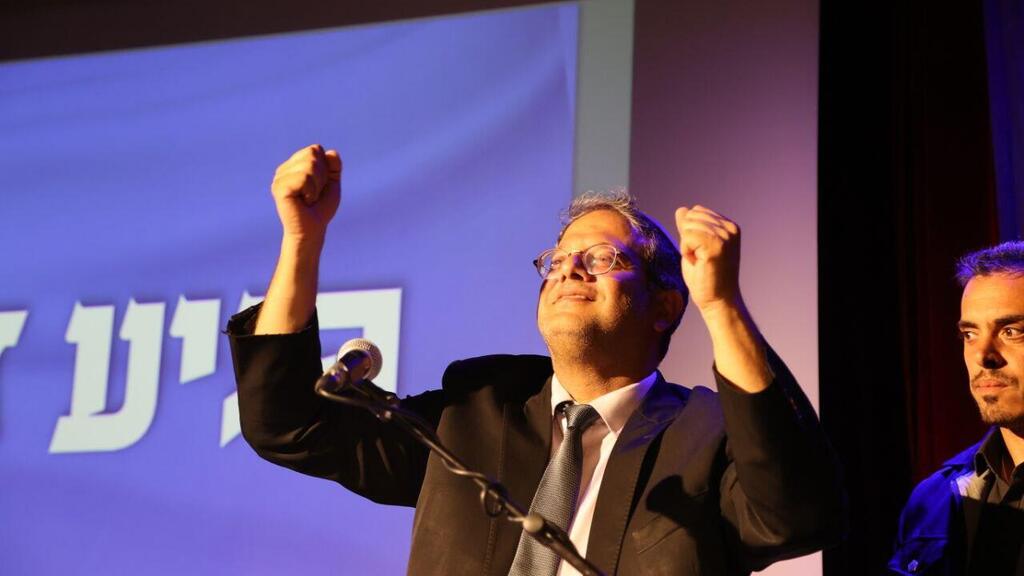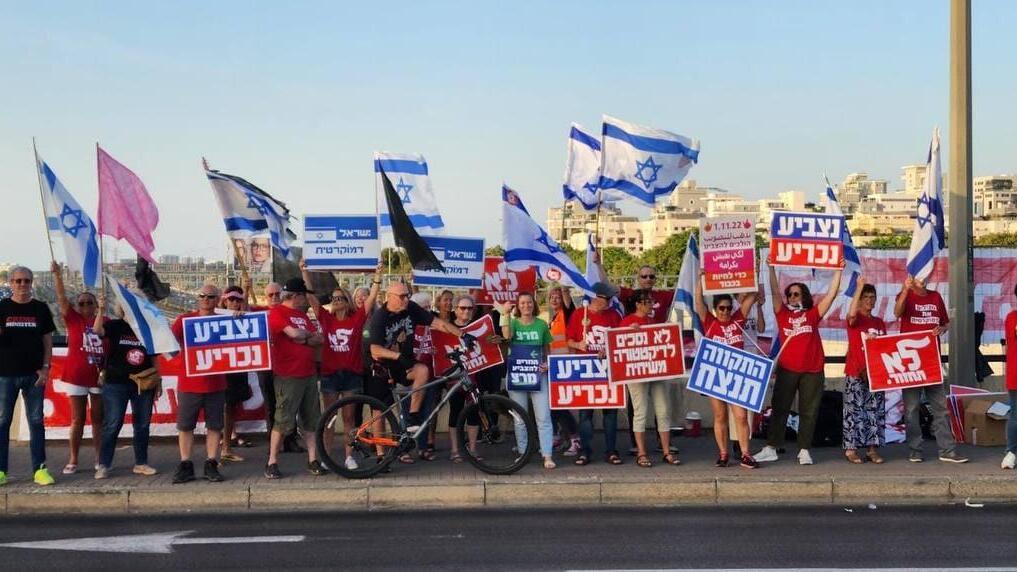Israelis will be heading to the polling stations next Tuesday for the fifth time since April 2019 in a bid to choose an enduring government after years of political instability.
However, the mindset of the Israeli voters has shifted and the reasons that once drove them to choose a ballot have changed.
In the Israeli parliamentary system, all parties that pass the electoral threshold of 3.25% of valid votes cast receive seats in the 120-seat parliament, the Knesset, proportional to their share of the total vote.
Since no party has ever received an outright majority (61 seats) by itself, elections have invariably been followed by a coalition-building process in which several parties, commanding a total of at least 61 Knesset members, band together to form a government. In the last four rounds of elections, either no coalition was able to be formed or the coalition formed was narrow, fractious, and short-lived.
Dr. Liron Lavi, assistant professor in the Department of Political Studies at Bar-Ilan University, says that for many years, and certainly since 1967, Israelis’ chief concerns when weighing their choices at the ballot box were security in general and the Israeli-Palestinian conflict in particular.
But in the current cycle of elections, she says, “this issue is not what mainly concerns Israelis anymore.”
Israeli voters today she says, are more concerned with the political future and legal troubles of former Prime Minister Binyamin Netanyahu. In terms of issues she says, what interests most Israeli voters is the country’s Jewish identity and democratic credentials.
Prof. Gideon Rahat, a professor of political science at the Hebrew University of Jerusalem and a senior fellow at the Israel Democracy Institute, says that even the meaning of security has shifted, as well.
Rahat says he believes Israeli citizens first vote for a person or an ideology and then they think that it will provide them with security. Thus, the very meaning of security is a product of one’s specific identity and worldview.
In the past, he says, “people saw the chief of staff as the symbol of security, but these days security is sometimes symbolized by people who didn’t even serve in the military like [Otzma Yehudit party chief Itamar] Ben-Gvir and [Religious Zionism leader Bezalel] Smotrich.” [Editor’s note: Smotrich did serve in the military but not in a senior position.]
The National Unity party has a strong claim that it can provide security for the Israeli people since its slate of candidates for the Knesset includes two former chiefs of staff of the Israeli military: Benny Gantz, the party leader, and Gadi Eizenkot, No. 3 on the list.
“They can make the claim to represent security,” Rahat said. But, he adds, “the interpretation of what security means has changed.”
Even if Israeli voters perceive the National Unity party to be a symbol of security, Lavi thinks this does not bring the same benefits to the party that it once would have “because they represent or symbolize an issue that no longer dominates Israelis’ decision on how to vote.”
5 View gallery


IDF Chief of Staff Aviv Kochavi and Defense Minister Benny Gantz
(Photo: Defense Ministry)
“This is part of the reason why we do not see them strengthening in the polls,” she adds.
Lavi said that if there were another round of armed conflict between the Israelis and the Palestinians, it might raise the importance of the issue, “but I think overall, we see a deeper change in terms of what Israeli politics are about,” she says.
It is hard to pinpoint exactly when this shift in the public’s mindset happened, says Lavi, but the April 2019 election that started this cycle of repeated elections “is definitely where we saw this issue of Israel’s identity getting more prominent.”
She cites Israeli national election surveys in which voters were asked what they thought the election was about.
Netanyahu is always a prominent issue, she says. But in April, “we saw that various issues such as the economy, the Israeli-Palestinian conflict, and the future of Israeli democracy were all important to the same degree. Afterward, in September 2019, in March 2020, and March 2021, we saw the other issues decline in importance, and only the future of democracy maintains its importance for Israelis.”
Rahat adds that voters’ behavior has much to do with identity. He says religious identity comes first: “The more religious a person is, the more likely they will vote for Netanyahu and the religious parties, and only after that, you can say there’s a link to one’s understanding of foreign affairs and security,” he says, adding that when it comes to the economy, the differences between the parties are not highly significant.
n the final analysis, says Rahat, “the elections in Israel are a referendum about Netanyahu again and again.”
He explains that first and foremost, Israeli elections are highly personalized. “These personalities symbolize ideology, worldviews, the way people perceive democracy, and more.”





